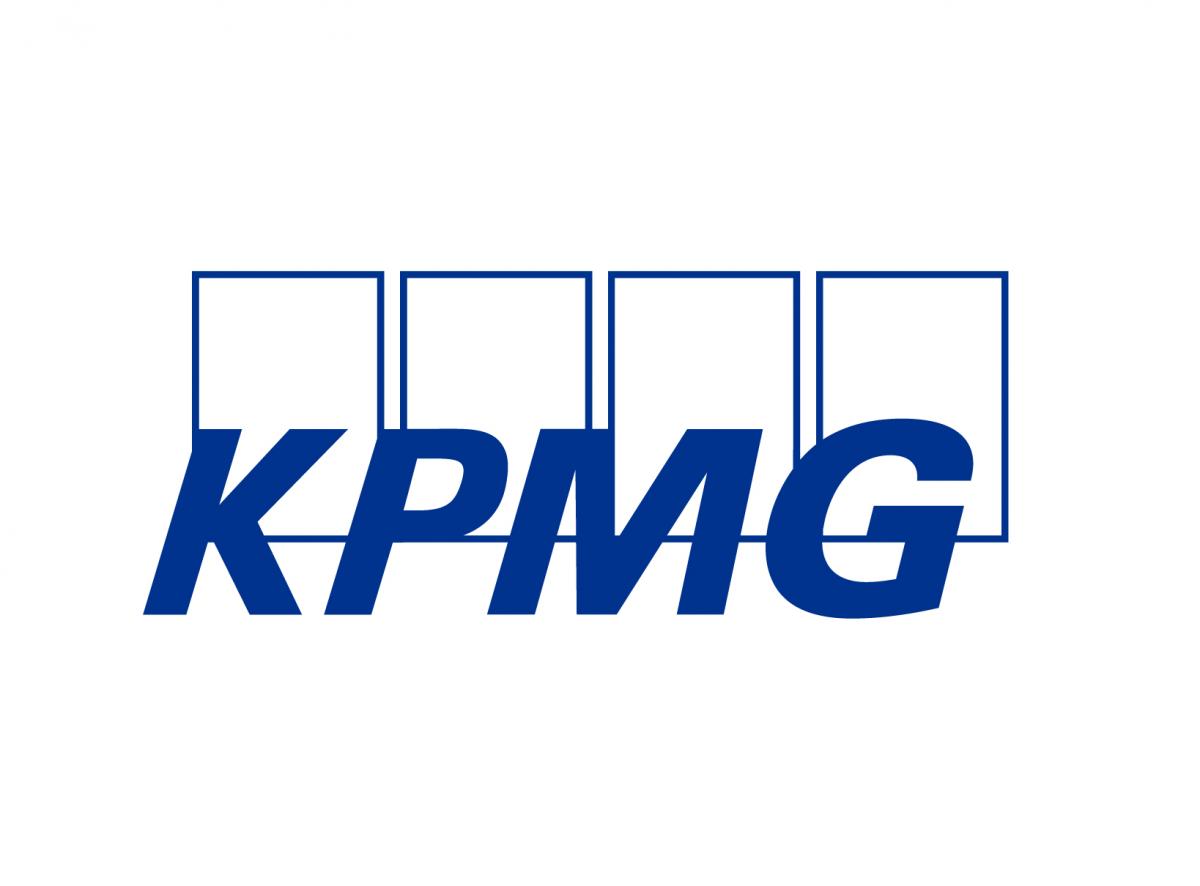Five questions for family businesses to ask themselves in times of change

These are unprecedented and unpredictable times for family businesses of every shape and size. Whilst many are in survival mode, others may have started to consider the future, rethinking what their operating model looks like.
The tendency for family firms to pull together in times of crisis stands them in good stead—but as the world adjusts to its new normal, opportunities will open up for family businesses to continue to thrive in a post Covid-19 world.
But where to begin? You might be facing working arrangements that are completely new. Maybe your business model has pivoted 180 degrees to provide an essential service—or maybe you’re trying to manage a workforce that is entirely home-based for the first time. Beyond the day-to-day logistics and operational challenges, here’s five questions that might be helpful prompts to consider when examining the longer-term strategy of your family business.
 1. What will my market look like, in a post Covid-19 world, and what has changed permanently?
1. What will my market look like, in a post Covid-19 world, and what has changed permanently?
Let’s start with the big picture considerations. The broader context that your business operates in may now be unrecognisable: your competitors may have ceased trading, or moved into new areas and, at the same time, consumer behaviour is likely to change. As a result, you may need to invest in refreshed products or marketing, or even consider acquisitions of complementary businesses to bolster your offering. On the other side of the same coin, consider your own business in its entirety. Are there parts of what you do or offer to customers that are starting to look less essential? And if so, how quickly can they be reshaped to serve a better purpose?
With that same eye on the future, it's important to look not just at what your business does, but how it is run. Succession planning is a top-of-agenda priority for family firms at any time, but especially so in times of crisis and uncertainty. The impact of Covid-19 has caused many family businesses to think harder about succession planning and in particular the different roles the next generation could play to help shape the business for the future. This period of change may well be the ideal opportunity to bring in new and fresh perspectives on every area of your business, as well as strengthen relationships by encouraging conversation and participation from all family members.
 2. What will my balance sheet and funding structure look like and how might that need reworking?
2. What will my balance sheet and funding structure look like and how might that need reworking?
The Government’s raft of measures for businesses in these testing times represents the biggest support programme in memory and will no doubt have been absolutely crucial for the survival of many. But it’s important to think of the longer-term impacts of these measures, in particular, what changes will you need to make to loan repayment schedules, payroll, supplier contracts and more in order to make sure your cashflow is still adequate in the coming months? Deferrals and repayment holidays are not permanent and, if not properly planned for, can cause further headaches down the line.
Another consideration may well be how the behaviour of your funders, investors or other stakeholders has strengthened—or weakened—your relationship with them. Our alliances are only as strong as how they fare in times of crisis, and it may be that it’s time to reconsider some of your working relationships to ensure you’ve got support you can rely on in future. Once again, open communication is paramount.
Similarly, the current situation has made many families consider how robust their family governance is to manage risks and make investment decisions about the family’s wealth. Perhaps now is the time to either create, or update, a family constitution or structure a family council to better protect the family wealth and (re)design those contingency mechanisms that will help both at present and in the future.
 3. What risks have become apparent in this crisis, and how can I address them?
3. What risks have become apparent in this crisis, and how can I address them?
One thing is for sure: the last few weeks have tested businesses to their limits, exposing their strengths and weaknesses like nothing ever has before. It’s imperative for firms to consider the bigger picture of how weaknesses in particular can be addressed. For example, is your firm too reliant on particular individuals? Are you over-exposed to particular geographies, or vulnerable to weak spots in your supply chain? Did your governance stand up to the intense scrutiny?
Finally, remember to think about both the big and the small—speak to your staff to find out about the headaches this has caused them and start thinking about long term solutions from all perspectives. While overcoming the current crisis might be the obvious victory, future-proofing your business is the bigger prize.
 4. What have I learned about the culture of my business—the good, the bad and the ugly?
4. What have I learned about the culture of my business—the good, the bad and the ugly?
Many family businesses are underpinned by a shared purpose which in turn drives the values of their company, and this is often really important to a family firm. In times of crisis and change this is often tested—did your organisation align behind a shared purpose and how did it guide key decisions across the organisation? The present is certainly a time that should encourage families to reflect on whether their goals and vision need rethinking, or whether they are still aligned and brought to life at every level of the business.
A significant challenge facing businesses will be keeping remote workforces engaged and motivated. Existing employee engagement initiatives and programmes might have been based entirely on in-person interaction and require a complete makeover now. And while many of the operational decisions being made at senior or board-level might be business critical, it is vital to make sure employees are kept informed on a day-to-day basis and that core activity such as health & safety initiatives and training programmes are made relevant and sustained as much as possible. After all, it’s the employees that make the business and their wellbeing is really important.
 5. What does the action plan to prioritise and work towards my new-look business consist of?
5. What does the action plan to prioritise and work towards my new-look business consist of?
Last, but by no means least, is the importance of investing the time to turn all of these considerations and conversations into concrete steps for action, readying the family and the business for the new normal.
It doesn’t have to be a journey you embark on alone, either. With the right guidance and support, it’s possible to come out of the other side stronger and better-prepared—to face the post Covid-19 world. Use the present wisely to afford you a better future.






